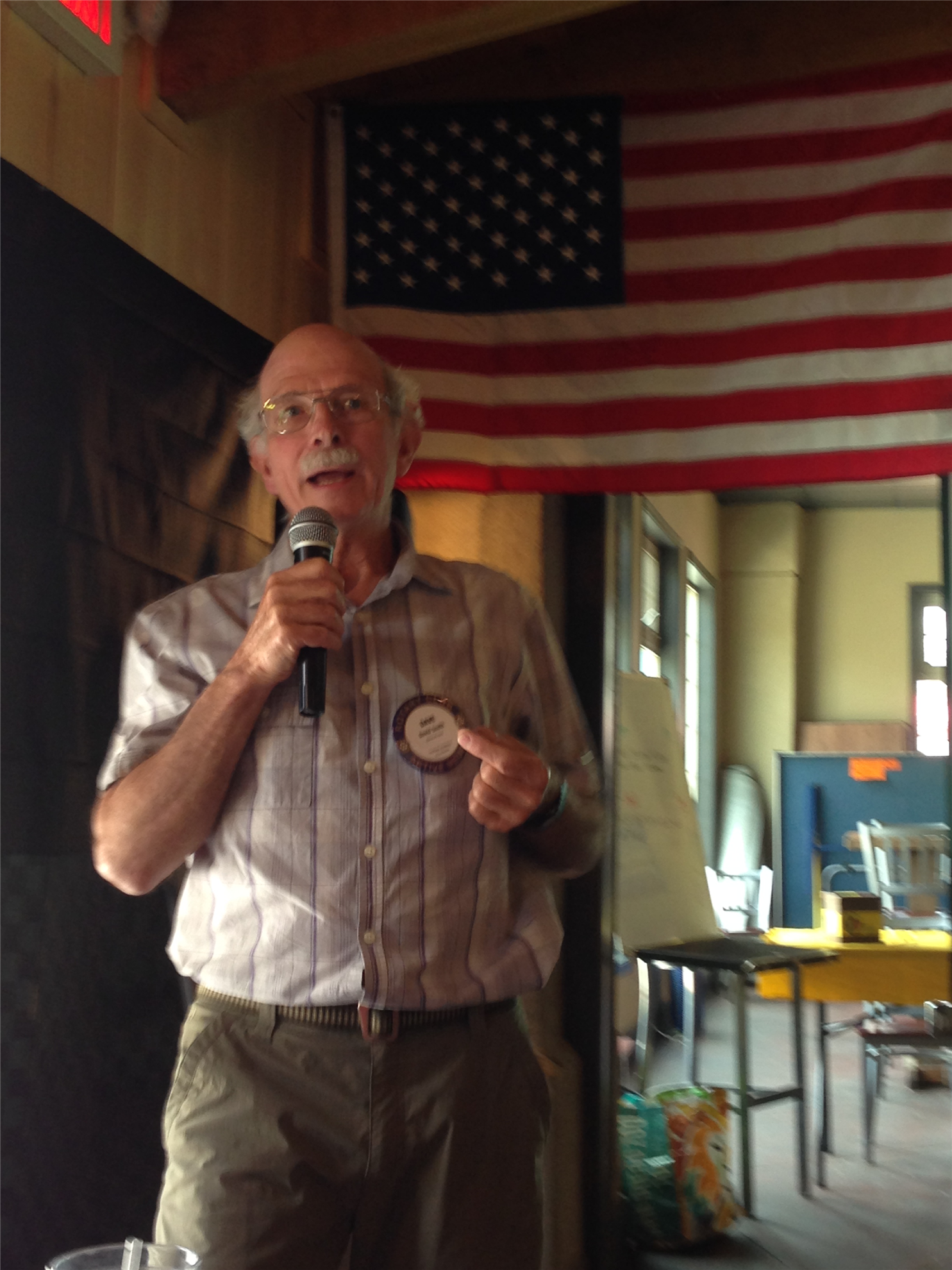
David Smith introduced the International Services Committee work by asking the question; "What is Rotary's role in global poverty?" The total number of people that live on less than $2.50 a day is approximately 3 billion. The number of children that die each year from lack of access to safe drinking water and adequate sanitation is 1.4 million. The US spends about $30 billion on humanitarian aid each year. Statistics show us that the global poverty rate may have fallen from 37% of the worlds population in 1990 to just under 10% in 2015. SO YES! there is progress being made to reduce this suffering.
Rotary's 1.2 million members in 35,000 clubs in 200 countries make us a highly effective means for delivering humanitarian aid! By working though local partnerships, the right help can get to the right people, contributing $200 million per year! You can be a part of this important effort! Here is a snapshot of what the Pagosa Springs Rotary Club, in concert with other clubs and global matching grants is doing right now!

These are among the poorest countries of the world. Compared to the poverty in the US, their poverty goes much deeper. When the Kaiser Foundation surveyed the public's opinion of how much of our national budget was spent on humanitarian aid, the survey results averaged 26%. Whereas the actual answer is less than 1% (.17%) of our national budget is used in this manner. Eleven other countries give appreciably more toward humanitarian aid than the United States does with Sweden ranking the highest at 1.41%
Rotary's efforts in Senegal to improve science education at the Jr. High and High School level total over $225,000; purchasing over 4,000 science text books, reaching 10,000 students in 10 high schools, providing 10 computers and many more basic science supplies as well as training for more than 100 science teachers and 600 Jr. High students.
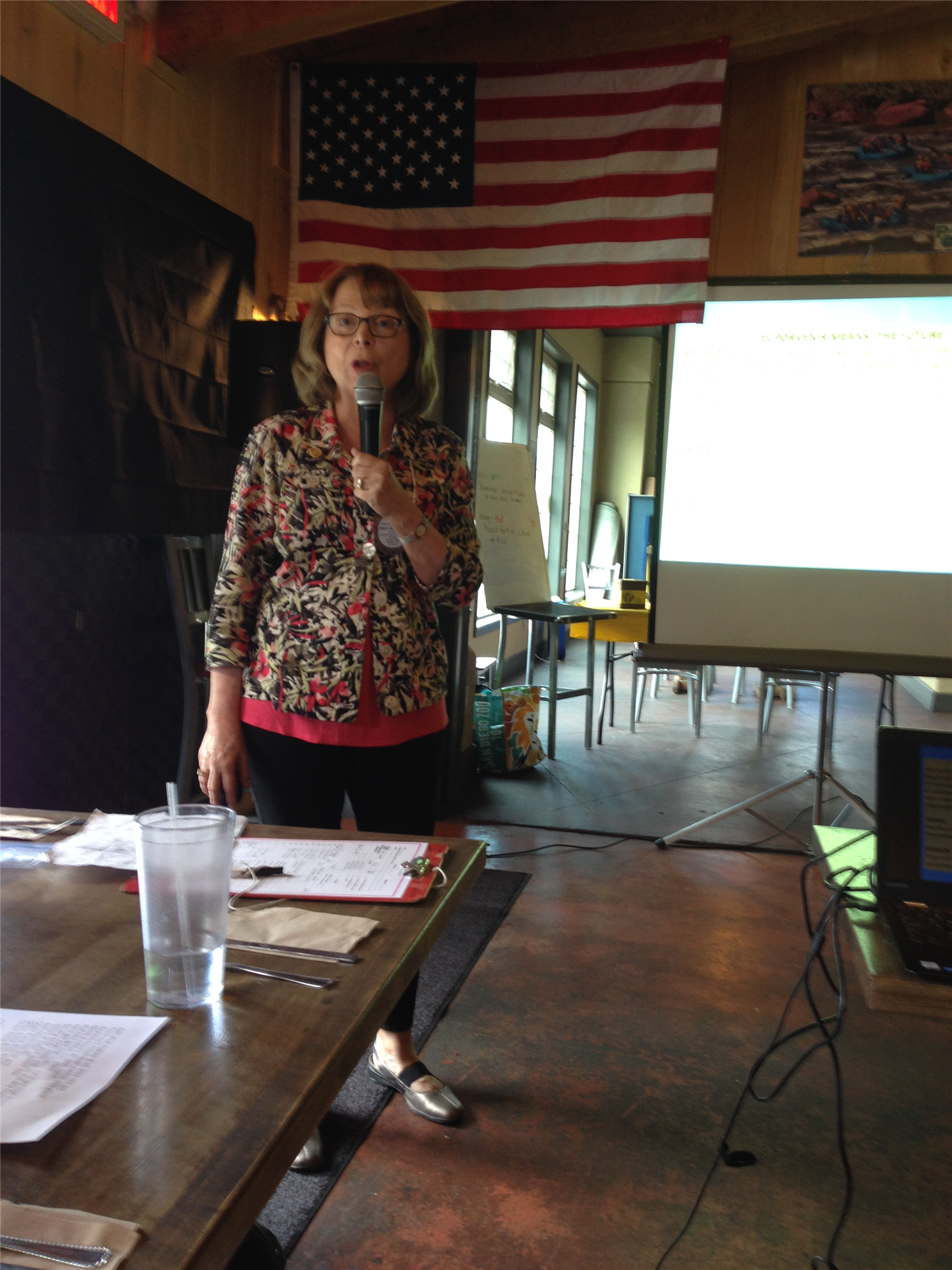
Livia Cloman Lynch told us more about the project in Niger - Raising subsistence farmers in Africa out of poverty. Niger is one of the poorest countries in Africa. The goal here was to focus on women and children and teach them how to raise crops that could be sold. The developed plots consist of 1 acre of land, and a hand dug well that can operate on a solar powered pump. The farmers keep 50% of the money raised with 25% going toward operating costs and the remaining 25% to new schools.
In Terrabona, Nicaragua, a project now 90-95% complete delivers clean drinking water to the village. Partnered with El Porvenir, the focus is on sustainable water and sanitation projects.
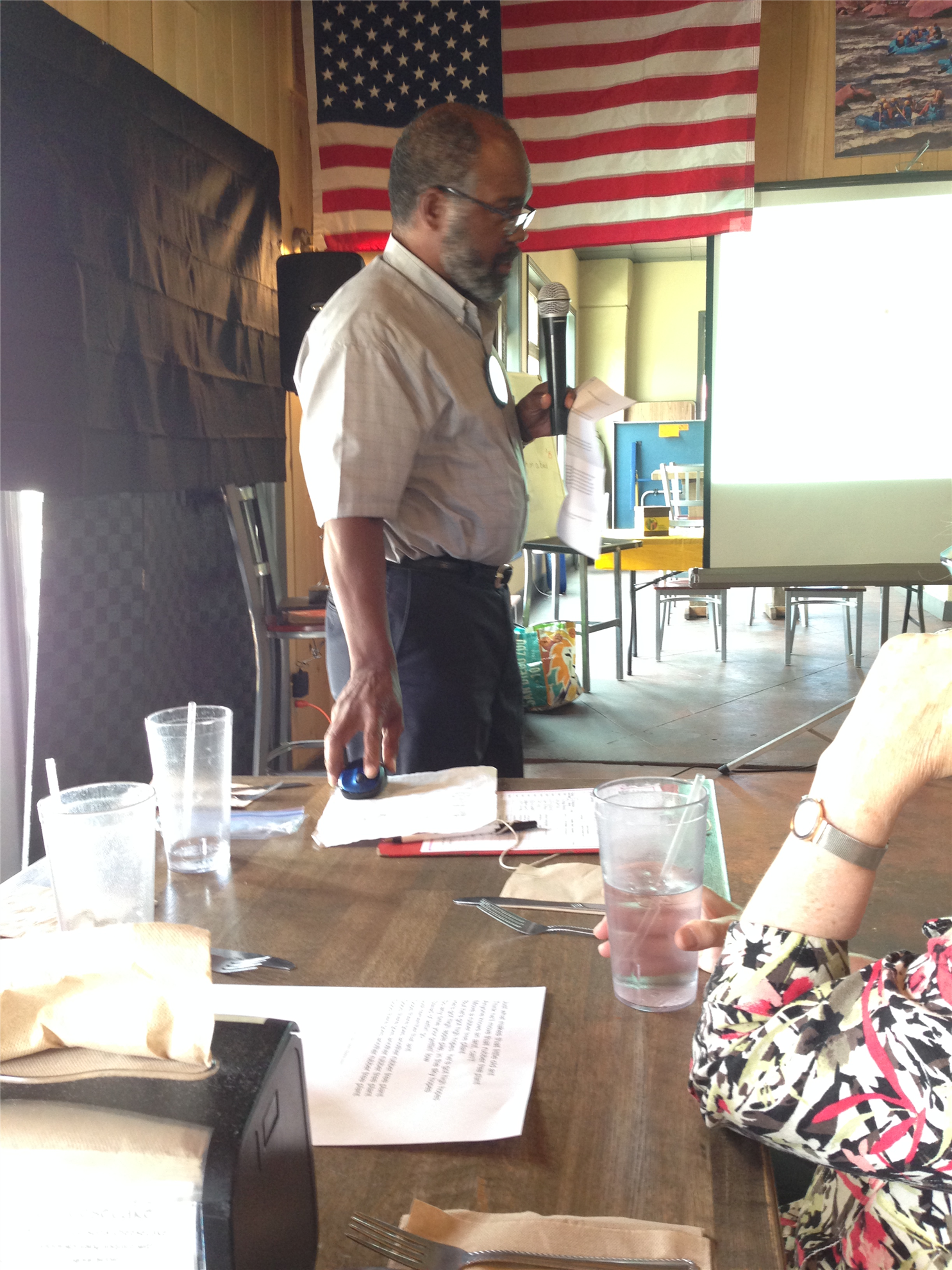
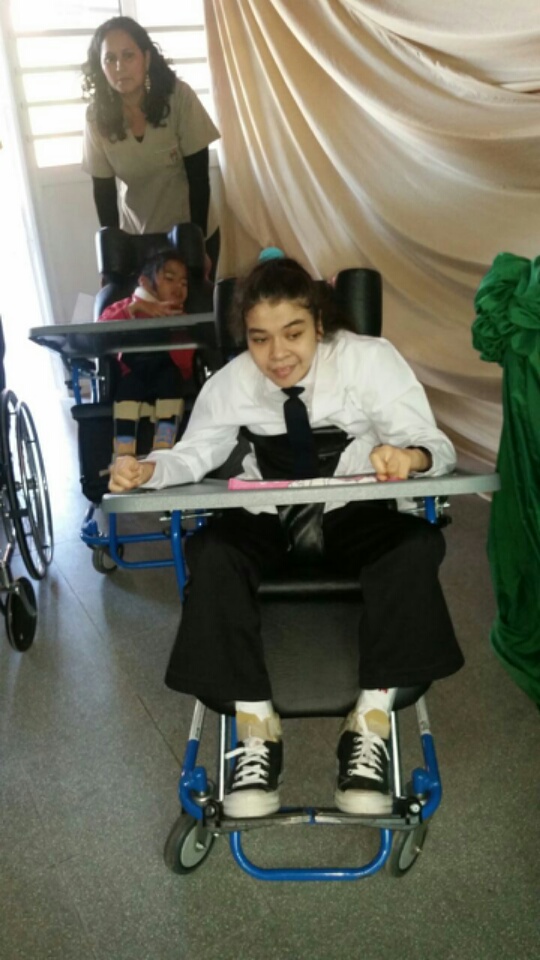
Sam Pittmon gave us an update about the Wheelchairs for Rehabilitative Schools in Formosa Argentina. Providing wheelchairs for 48 children and adolescents with physical and neurological disabilities is making a huge difference in these childrens' lives. Now they can get the medical and social care and training that was not accessable to them before.
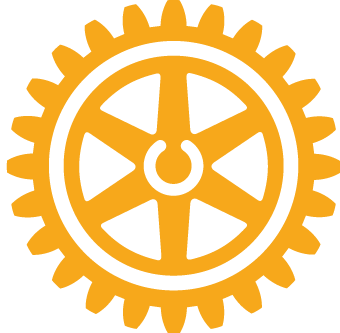 Pagosa Springs Rotary Club
Pagosa Springs Rotary Club